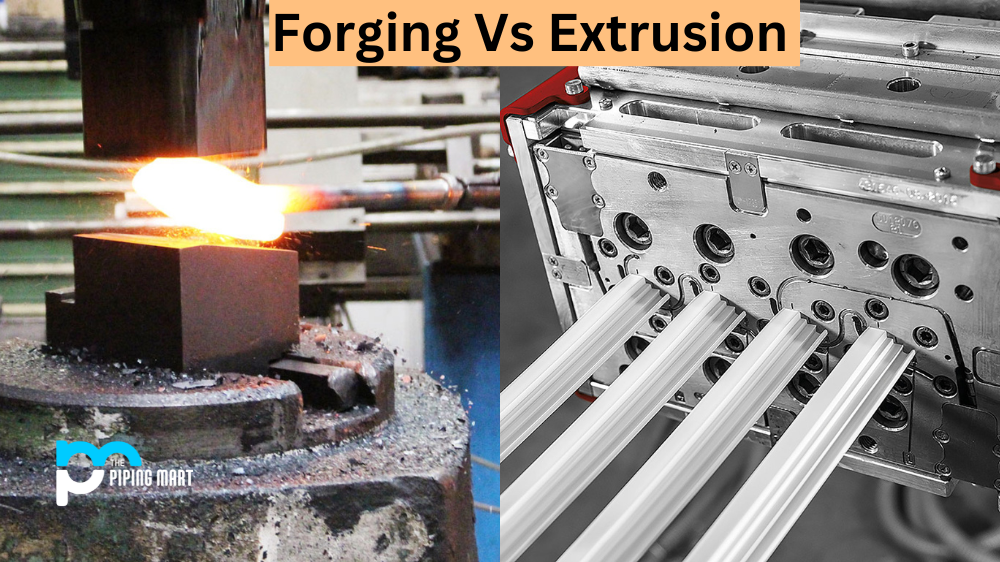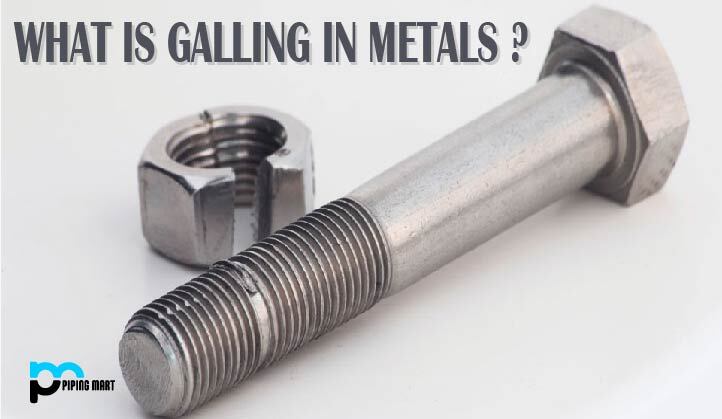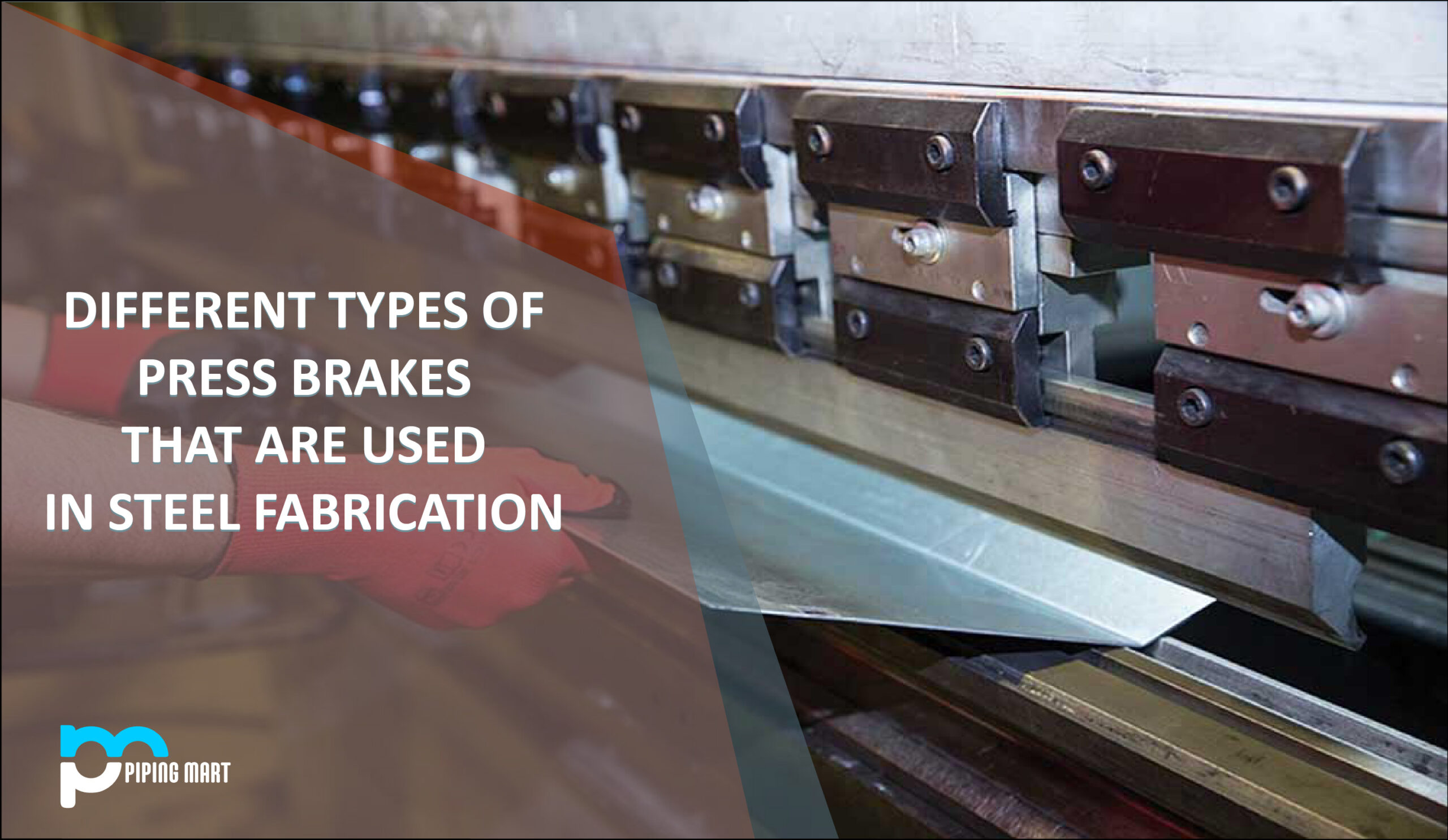There is a global demand for construction materials as countries around the world continue to grow and urbanize. Materials traded between countries range from ornamental stone to building stone, limestone, steel and metal products, roofing materials, electrical materials and accessories, plumbing materials, and so on.
The construction industry is still recovering from the impact of the COVID-19 pandemic which resulted in shortage of raw materials and increased cost. The current inflation in the UK, and the world at large, has only further increased the price of construction materials but demand seems to still be holding up.
The United Kingdom imports and exports large volumes of construction materials. Some of these transactions take place with India, a country that is fast becoming a natural and growing trade partner for the UK. In fact, there’s already been five rounds of free trading negotiation between the UK and India as at the time of this writing.
“With the free trading agreement (FTA) poised to bring down current trading barriers, there are bound to be increased imports and exports across sectors in both countries, including the construction industry,” comments Ruban Selvanayagam of UK property auction company Property Solvers.
Importing From India to UK
Importing goods from India is attractive to many UK businesses as the cost of manufacturing in the Asian country is low which can result in better margins for businesses. Most industrial goods, which includes construction materials, do not require an import licence to bring them into the UK. However, you may be required to pay duty and VAT on the goods with the exact amount depending on the type of product being imported.
Custom authorities use commodity codes, an internationally standardized system of names and numbers to classify traded products, to identify the goods being brought into the country. These codes are also used to ensure that the correct tax and duty is paid and all regulations have been followed.
In truth, importation can be relatively complex and many people use custom brokers or freight forwarders to simplify the process. These people are familiar with the importation process and help facilitate the movement of goods across international borders.
The mode of transportation to be used (air or sea freight) depends on the goods to be shipped as well as when the goods are needed. Sea freight is the preferred option for large volumes of goods because it is cheaper. However, it’ll take longer for goods to arrive. If you are pressed for time, air freight is faster but is more expensive. Since construction materials are typically heavy, sea freight is the way to get them into the UK from India.
Importing from the UK to India
The process of importing from the UK to India is quite similar to importing from India into the UK. VAT and duty will have to be paid on the goods, the exact value which depends on the items being brought in. The means of transportation chosen will also determine the overall cost of the operation. It’s common to see freight forwarders and customs agents being used to facilitate the process.

Pipingmart is B2B portal specializes in industrial, metal and piping products. Also, share latest information and news related to products, materials and different types grades to help business dealing in this industry.




